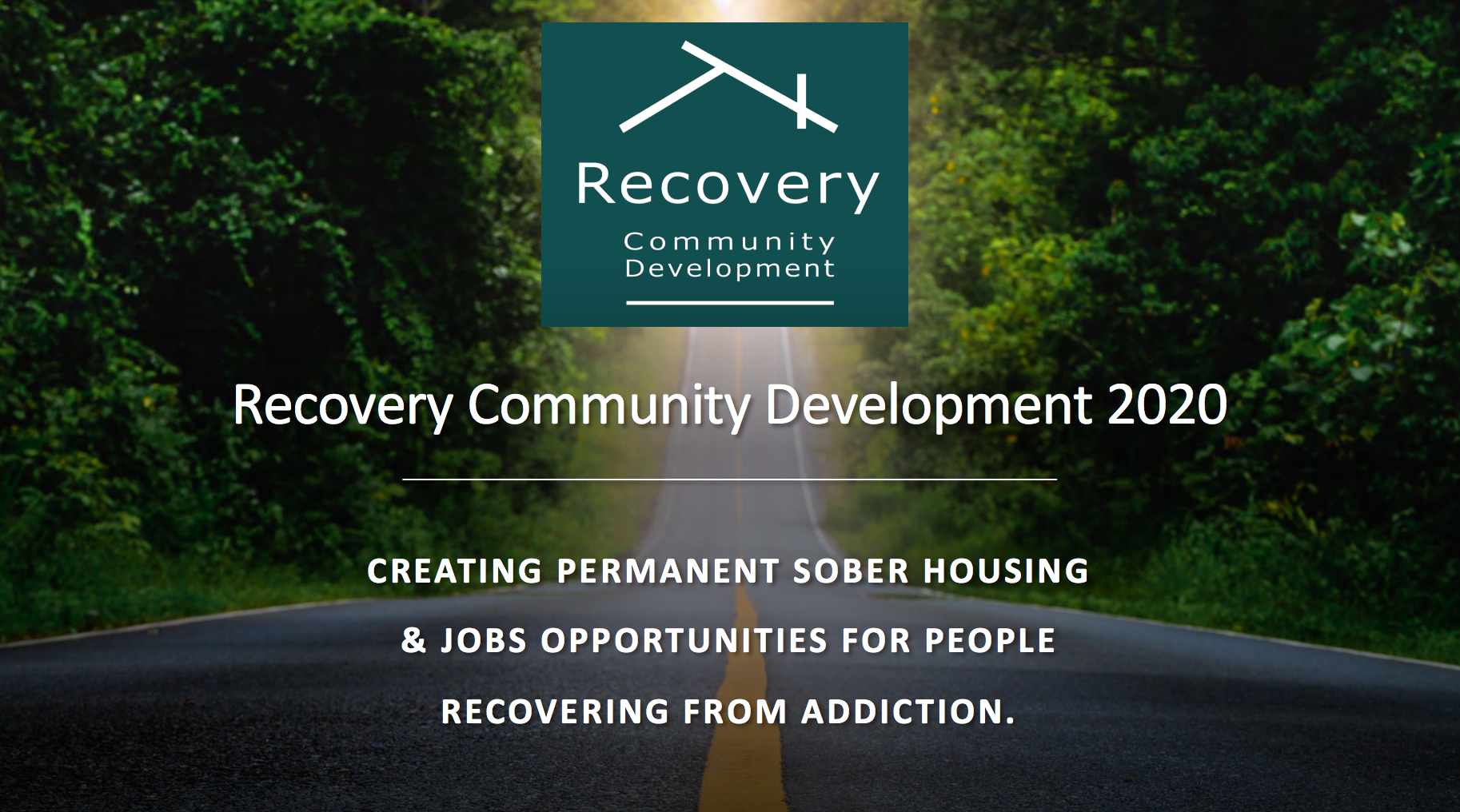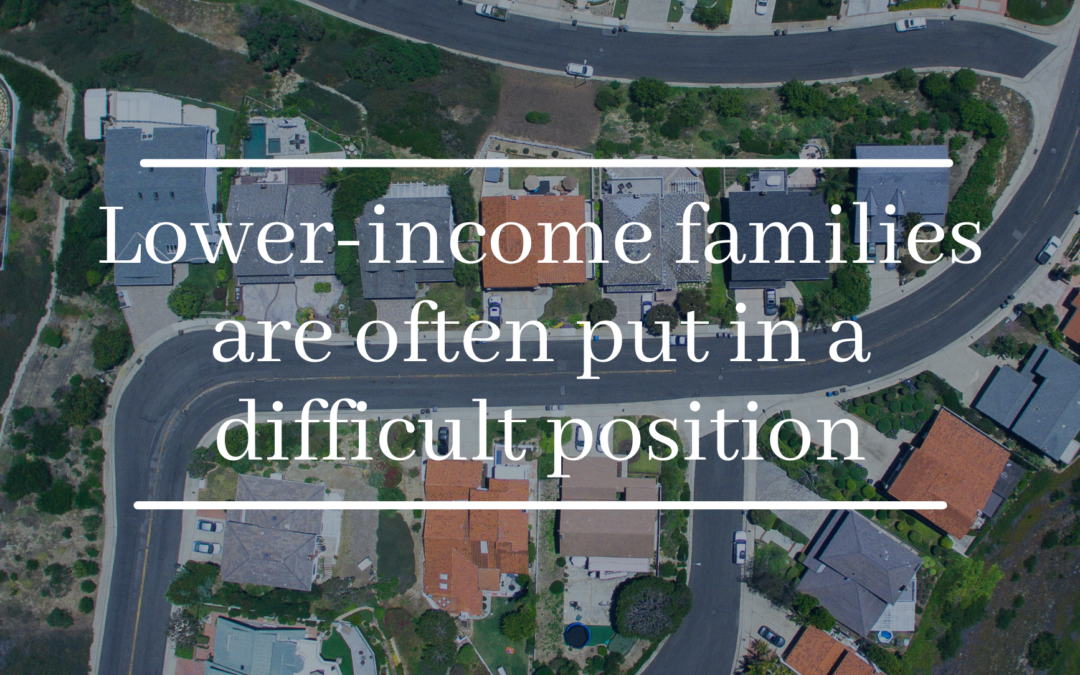The idea that housing is a “problem of the poor” is a concept that regularly circulates through communities across the US, but this is not an isolated issue. It isn’t something that affects only some members of the population. Cost-burdened renters have been increasing across all income bands for an exceptionally long time. This is not an ‘us versus them’ situation, and though the common misconception is that the average person does not know many ‘cost-burdened’ individuals, it is simply not true. We have merely grown up in an already heavily burdened society and fail to recognize it.
Literally millions of Americans spend over 30% of their income on housing. Take a look at the Harvard Joint Center for Housing Studies interactive map to get a visual representation of the American distribution of Housing-burden.
A Closer Look At Connecticut
Connecticut gives us a rather stark example of income inequality as it is simultaneously one of the wealthiest states with one of the greatest gaps in income equality. The shortage in affordable housing means that lower-income families are often put in a difficult position of being hard pressed to move to areas with better job prospects and educational opportunities. It costs 3.5 times more to live near the high-scoring elementary schools in the state. In January of 2020, the U.S. Department of Housing and Urban Development reported that 2,904 individuals were homeless in Connecticut, and the numbers haven’t improved from there.
The Open Communities Alliance put out a report in June called Zoning for Equity which examines 12 Connecticut towns with low percentages of affordable housing as an exploration of the current impediments towards equity, and seeks to be a diagnostic tool for improvement.

Bills Inaction
In an effort to address the current difficulties surrounding affordable housing opportunities in Connecticut, the 2021 H.B. 6107: An Act Concerning The Reorganization Of The Zoning Enabling Act And The Promotion Of Municipal Compliance, was passed. The purpose of H.B. 6107 is to revise the existing zoning laws in order to promote the federal Fair Housing Act and require municipalities to plan and provide for enough affordable housing. Key features of this bill include statewide legalization of accessory dwelling units, the banning of minimum parking space rules, and the implementation of a minimum of four hours of training every other year for planning commissioners. It also establishes a group to guide and study municipal affordable housing plans and zoning regulations.
Affordable housing advocates are predominantly happy to see these stipulations moving forward in Connecticut, but there is a big downside to this bill. It includes the ability for municipalities to opt out of permitting accessory apartments and the minimum parking space rule ban with a two-thirds majority from local planning commissions and legislative bodies. In essence, the fear is that municipalities will choose not to pay any heed to this bill and remain firm in the current status quo. With the ability to disregard the bill, there may not be much incentive to make any changes, and the individuals who are most vulnerable would be no better off. Concessions to ensure the bills passing may have hobbled its potential for effectiveness.
H.B. 6107 is not the only affordable housing related bill making headway in Connecticut though. S.B. 194: An Act Establishing a Right to Housing, is currently under consideration. This may be the first step to protecting those who are currently experiencing homelessness or who are unstably housed. This bill makes it a state goal to progressively implement policies that respect, protect, and fulfill a right to affordable, decent, safe, and stable housing for every state resident. This has the potential to be an immense step forward in the fight for equality if concessions do not render it inert by the time it reaches fruition. The frustrating reality is that it will not come to pass without a fair amount of criticism. Opposition inevitably accompanies the misconceptions surrounding the implementation of affordable housing.
Mounting Misconceptions
One of the common arguments is that no one is forcing cost-burdened individuals to stay in exorbitantly expensive areas. They argue that it is a choice to stay, and advocate for those in precarious situations to move somewhere less expensive. But moving is a rather pricey endeavor and the stipulations placed on the acquisition of a new renting situation adds a ton of immediate costs. It requires proof of income, with the rent to income ratio at a minimum of 30% – to say nothing of first and last month’s rent, security deposits, and heaven forbid you have any pets.
The idea that moving is an acceptable solution in high-cost areas fails to account for the fact that the likelihood of having the kind of money that a move requires is beyond unlikely. But unfortunately, facts do not cancel out misinformation. Without an alternative frame of reference, a mountain of data will not budge the opposition. It is a public mind-set that needs shifting.
This line of thinking also lends itself to the ‘us versus them’ dichotomization, which effectively erects a wall between public opinion and the actual problem. If the issue continues to seem like someone else’s problem, it will continue to meet with opposition amongst the general population regardless of the facts that are continually presented.
For more information about Recovery Community Development, take a look at their vision presentation here.

Organizations that dedicate themselves to the cause of advocating for affordable housing, like RCD, have a lot of work ahead of them. Turning the tide of public opinion is no easy feat to undertake. However, the need for housing solutions is an ever-present weight upon the masses, and with advocacy comes the potential for better outcomes in the future.
Resources
https://reframeassociation.org/blog.asp?a=view&id=37
https://docs.wixstatic.com/ugd/2de76b_255c341322f545f995e1fb9060113f57.pdf
https://ctnewsjunkie.com/2021/05/20/affordable-housing-bill-passes-with-questionable-impact/
https://ctmirror.org/category/ct-viewpoints/eric-tars-and-steve-kennedy/
https://www.jdsupra.com/legalnews/new-ct-zoning-laws-look-to-increase-5245429/
https://www.brookings.edu/wp-content/uploads/2016/06/0419_school_inequality_rothwell.pdf
https://ctmirror.org/2021/05/28/senate-passes-controversial-zoning-reform-bill/
https://ctexaminer.com/2021/05/27/advocacy-group-offers-breakdown-of-pending-housing-law/
https://www.newhavenindependent.org/index.php/archives/entry/welch_annex_school/
https://ctmirror.org/2021/06/11/2021-legislative-session-summary-wrap-up-bills-passed/
